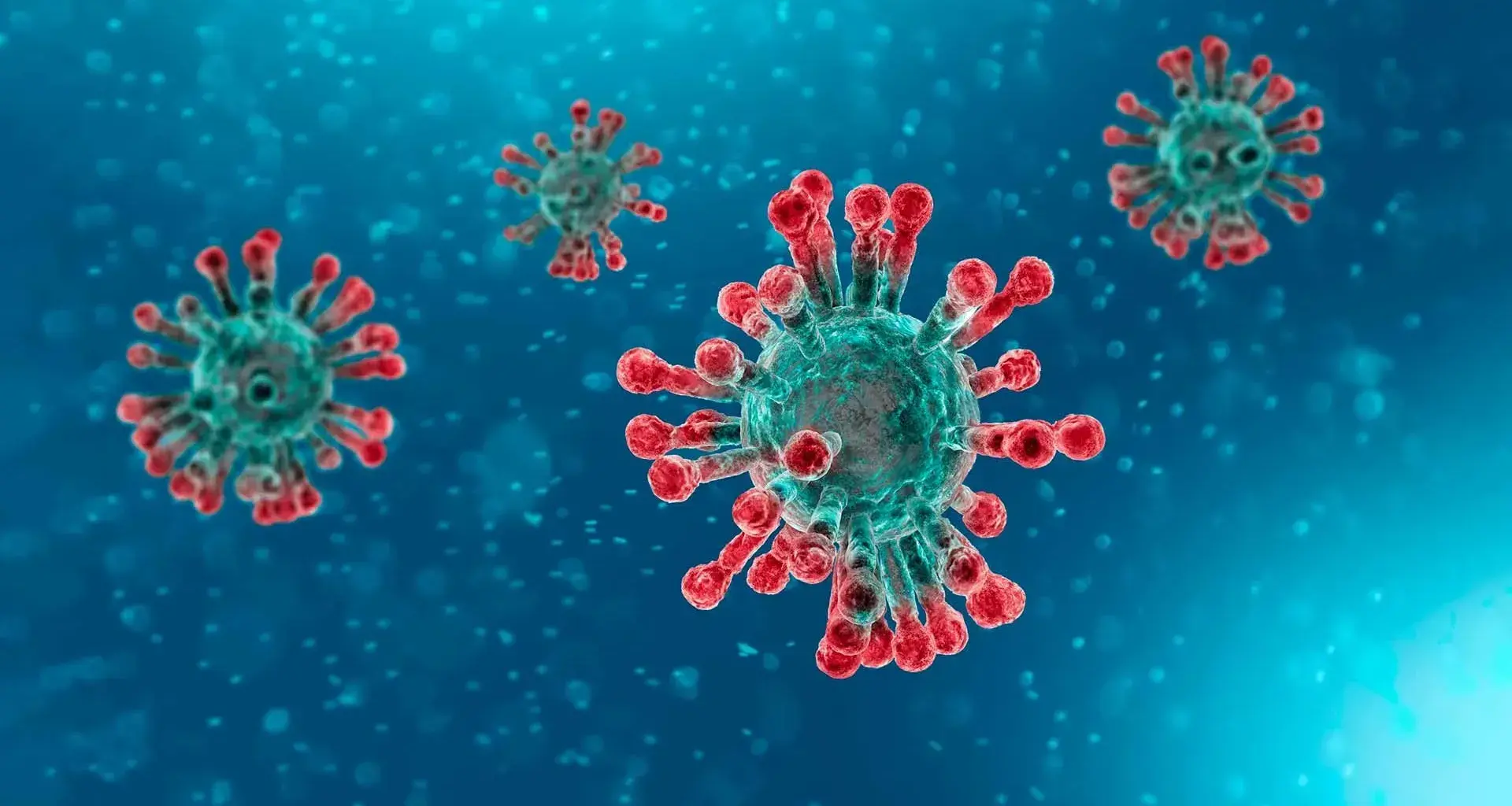On Thursday, January 30, the World Health Organization (WHO) declared the case of the new 2019-nCov coronavirus, which causes the COVID-19 disease, a “public health emergency of international importance”.
CONECTA interviewed Dr. Michel Fernando Martínez, head of the Epidemiological Monitoring Unit at TecSalud, to understand the implications of this issue.
These are 5 essential questions and their answers on the new virus from China:
1.- What does it mean that WHO has declared an international emergency over this virus?
It means that all the health systems of WHO countries will have to cooperate to slow down this outbreak, as this is an agent that could endanger countries’ health systems.
2.- In Mexico, what steps are being taken and will be taken?
Firstly, in line with the federal Ministry of Health, the processes for notification of suspicious cases have been determined.
That also means coordinating on the processing of samples, which is through InDRE, the official laboratory for identifying this virus.
What’s more, we’re beginning to draw up containment plans, in which suspicious cases will be isolated awaiting confirmation.
However, supportive treatment (addressing the symptoms) is started during the waiting period, while confirmation is expected.
3.- Is there any treatment so far that has proven to be effective?
There is no specific treatment, cure, or vaccine yet. Treatment is supportive (addressing the symptoms).
The best we can do at the moment is try some of the available antivirals and look at their effectiveness, but nothing specific has been tested so far.
4.- What symptoms of this virus have been recognized so far by WHO and health authorities?
There has to be an epidemiological factor. That means having stayed in China the previous 14 days (above all in the provinces where more cases of this virus are being reported) or having come into direct contact with a suspected or proven case.
Besides the epidemiological factor, there are clinical factors, which would be: fever, respiratory symptoms such as dyspnea (difficulty breathing) or a severe cough with phlegm, chiefly.
Other associated symptoms are muscular pain, a headache, and a sore throat.
5.- What measures should people take as a precaution against this and other viruses?
Be clear about whether you’re dealing with a probable case of coronavirus. The epidemiological factor we mentioned has to be present (having been in China or come into contact with suspected or proven cases).
Comparing this to influenza, it’s much more likely that someone in Mexico will have symptoms for flu than the new coronavirus.
So, if it doesn’t meet the epidemiological criteria, you should first think that these are the symptoms of flu or some other respiratory virus.
You should also wash your hands properly and constantly, as well as follow basic measures such as bending your elbow to cover your mouth when coughing and sneezing to prevent the spread of fluids.

AVOID PANICKING AND SPREADING FAKE NEWS
Finally, Dr. Martínez made a call to avoid spreading fake news or unverified information that could cause psychosis in the population.
“This is very important: there has not yet been a single death outside of China,” he said.
“Looking at the confirmed cases and deaths, we can see that the fatality rate is below 2%.
“Most cases have been in the regions where this outbreak has occurred,” he explains.
He adds that this means, “if we have patients and provide them with adequate care, the likelihood of success is huge.”
He also recommended that people pay attention to official channels in Mexico, such as the websites and social media of the Ministry of Health and the Department of Epidemiology.
YOU’LL SURELY WANT TO READ THIS TOO:





